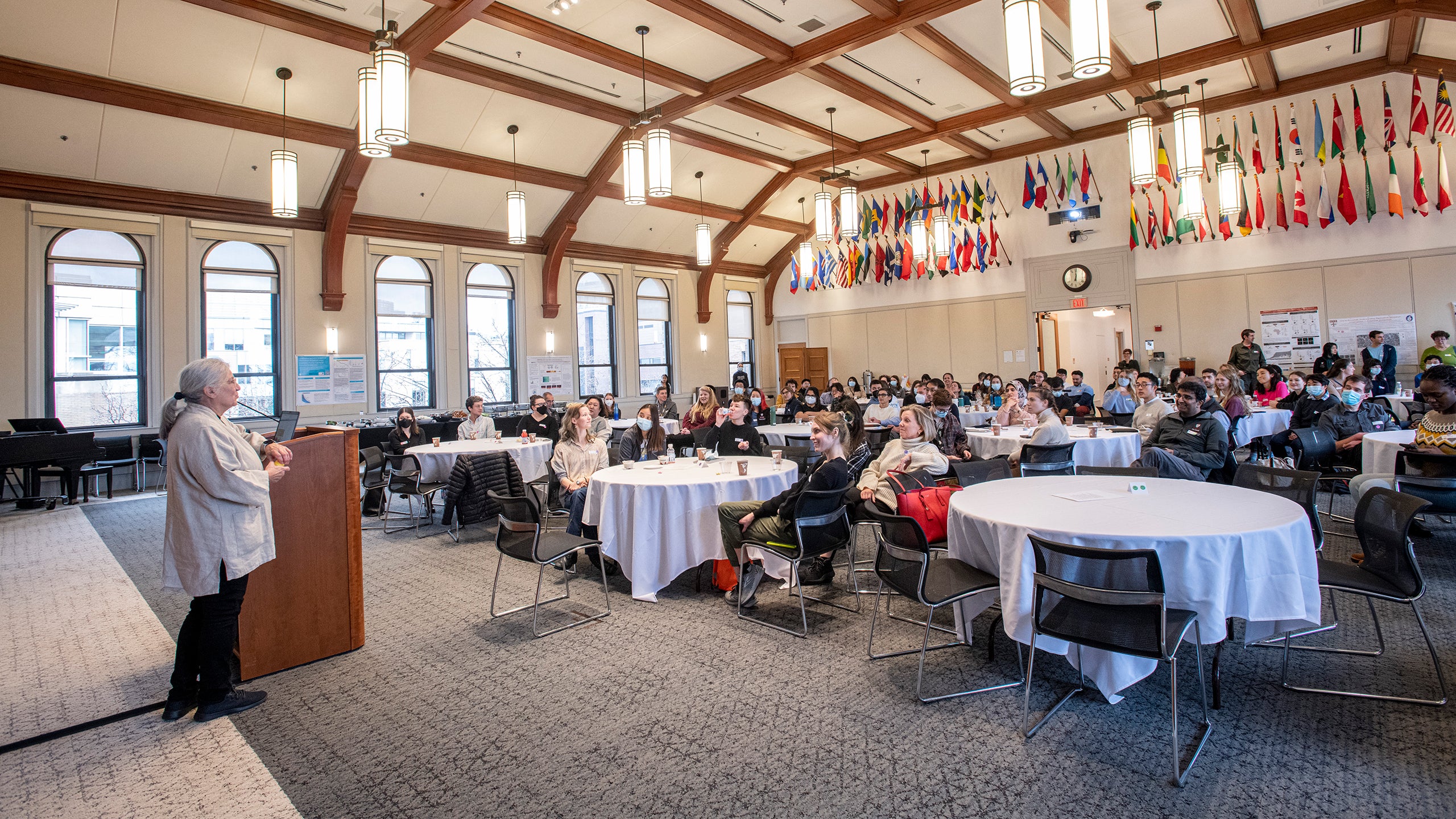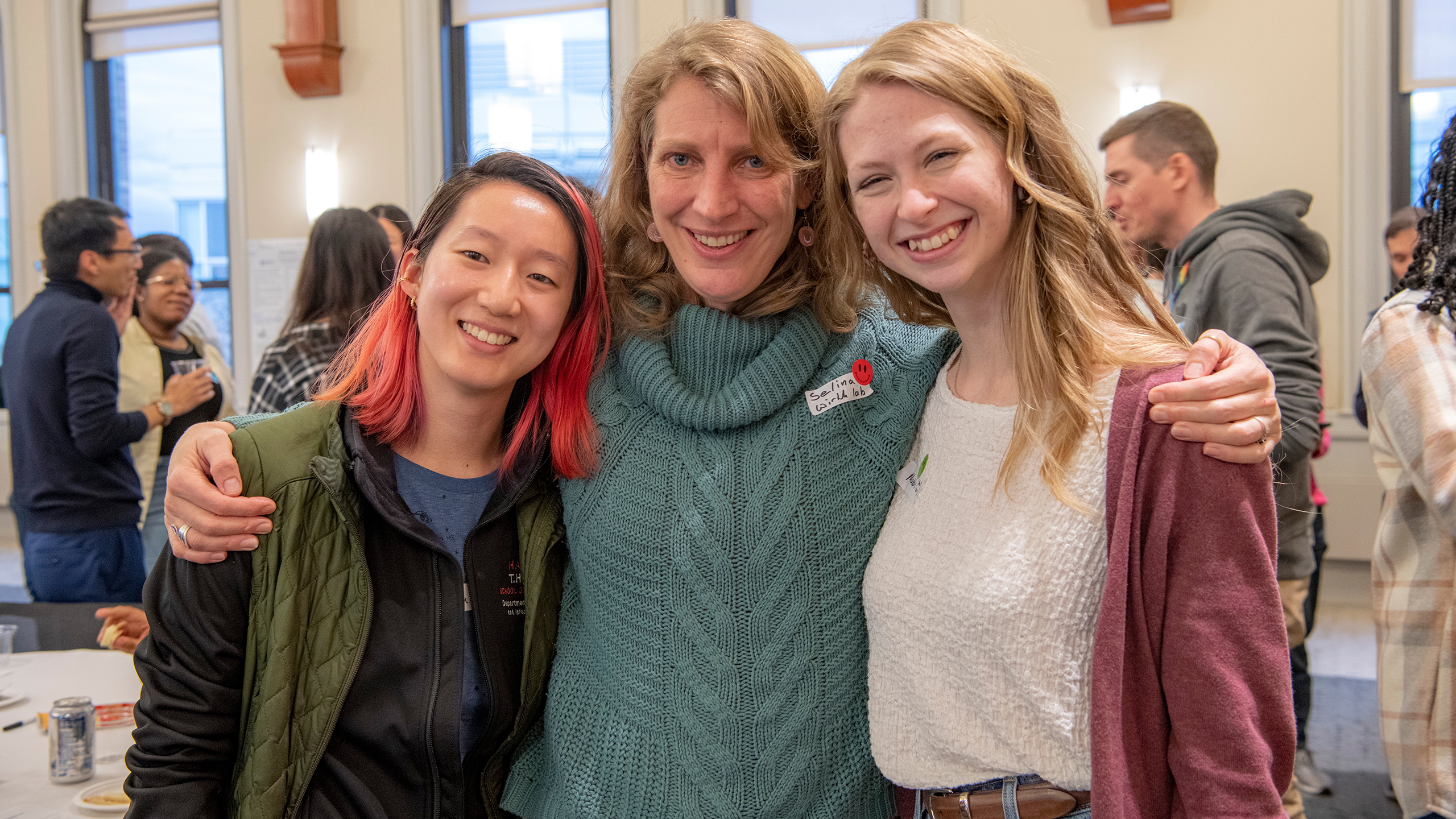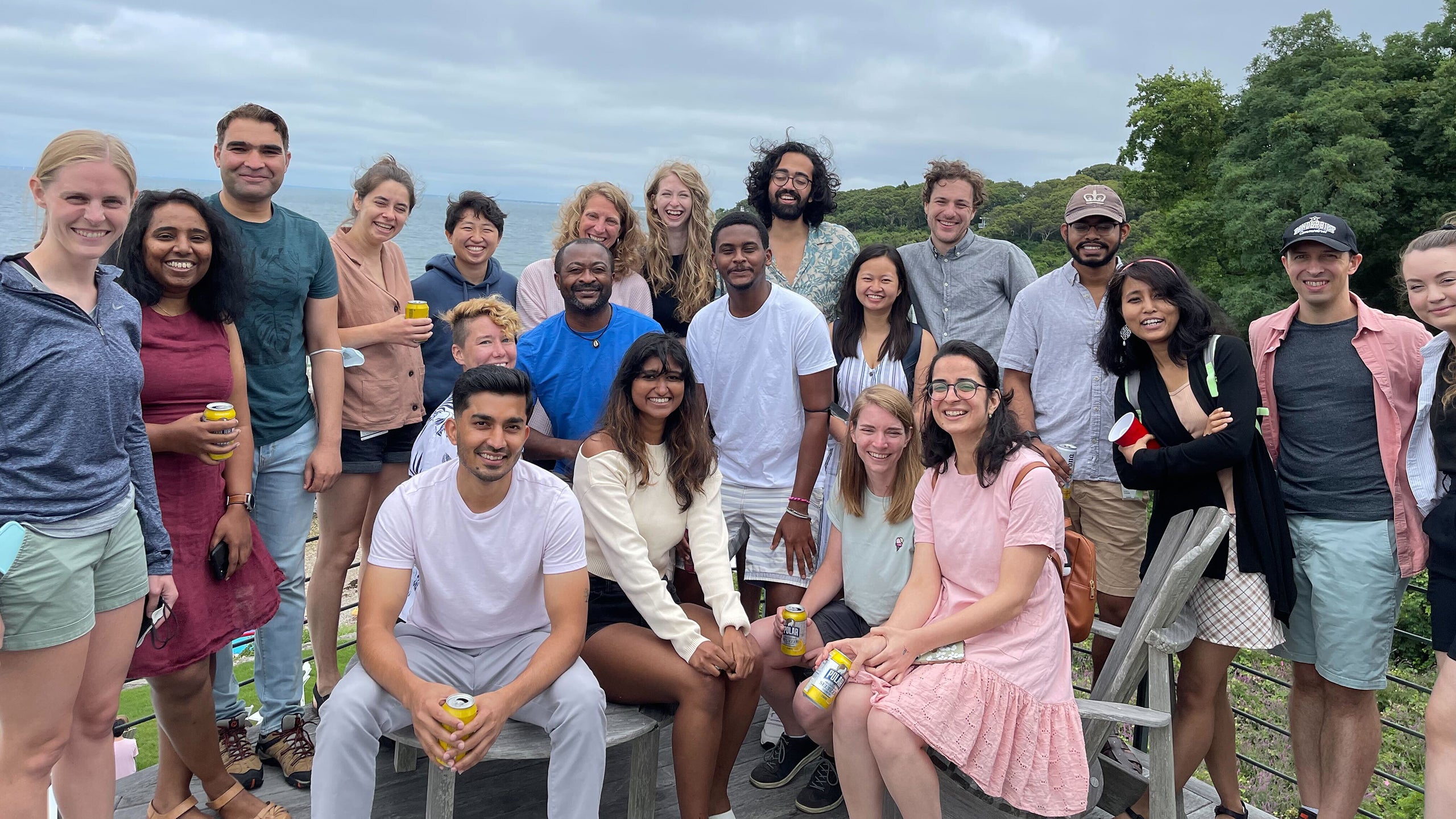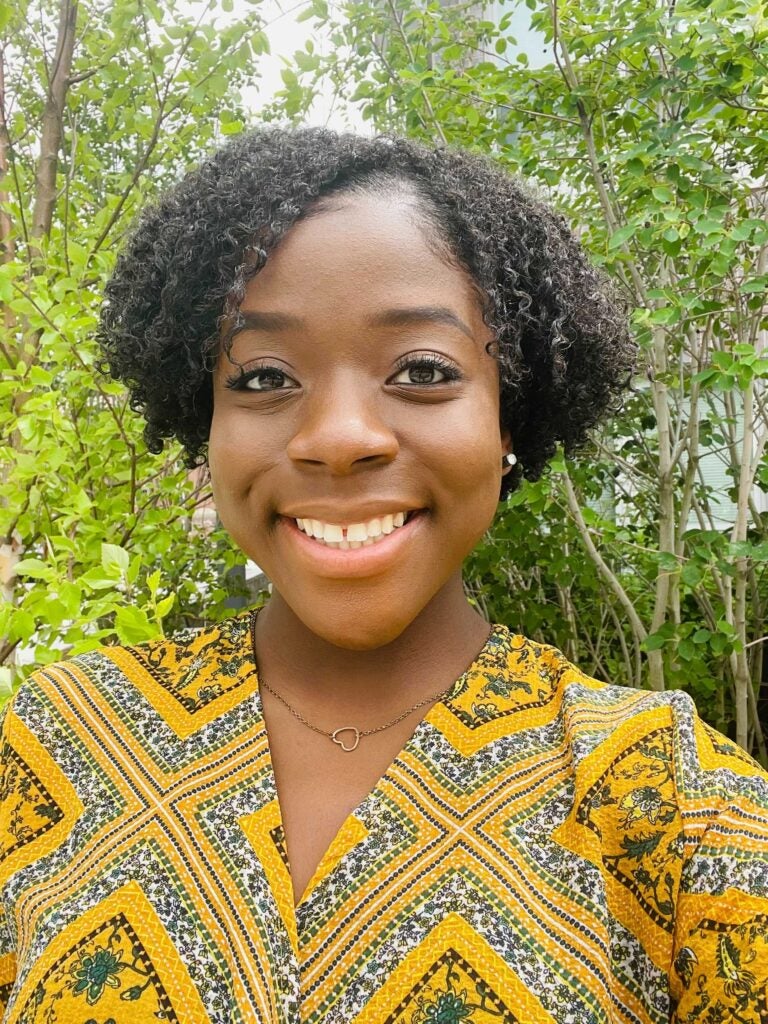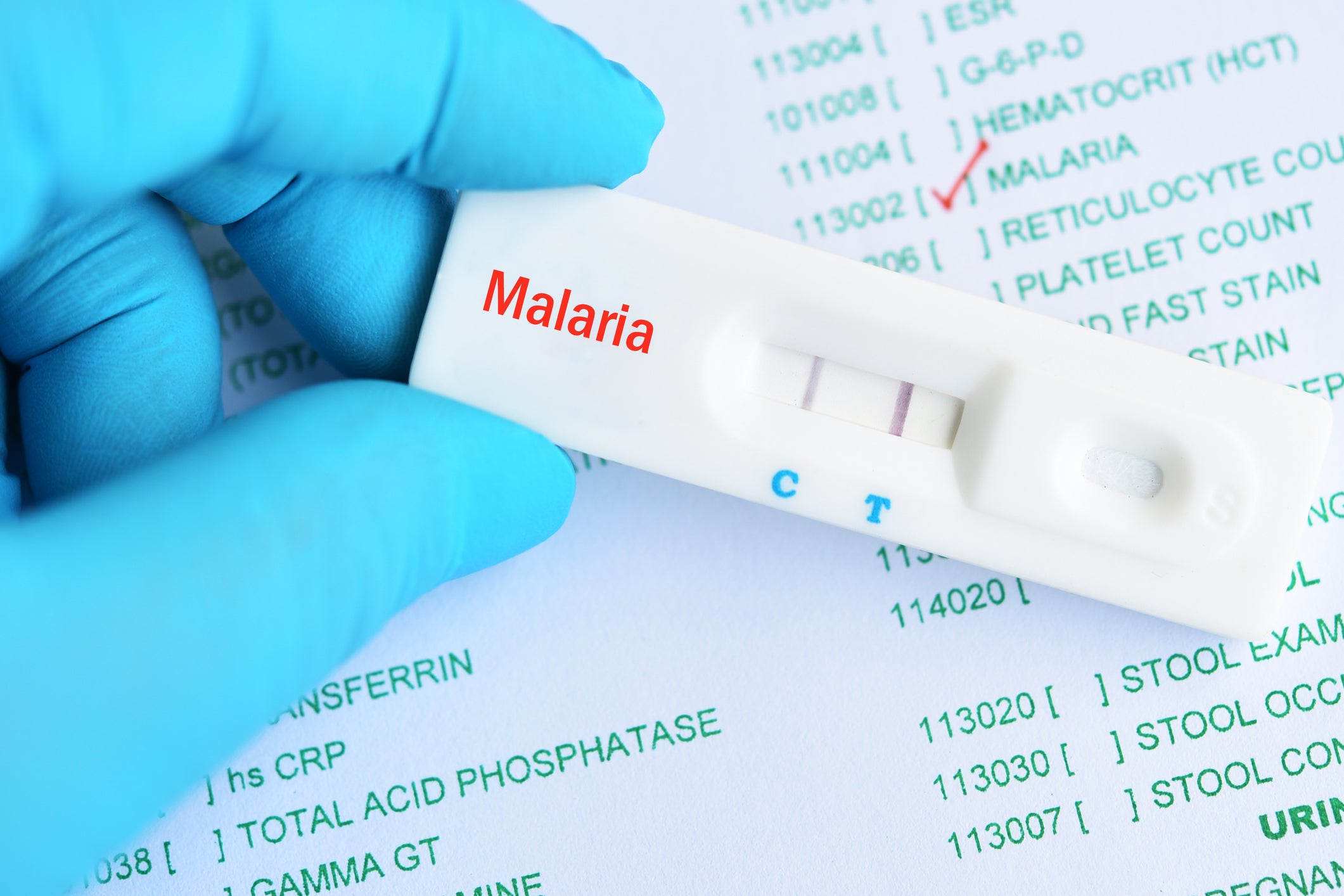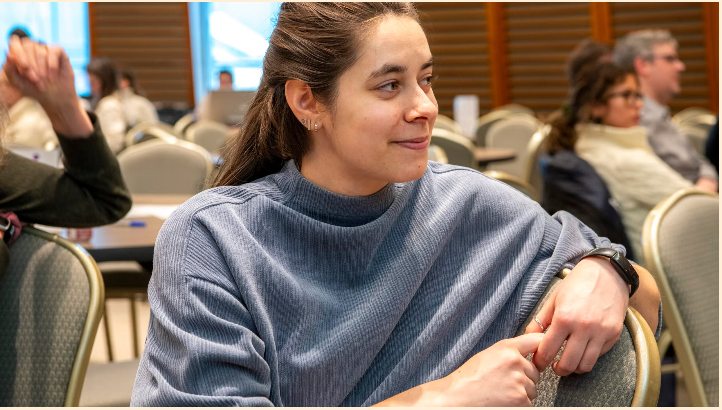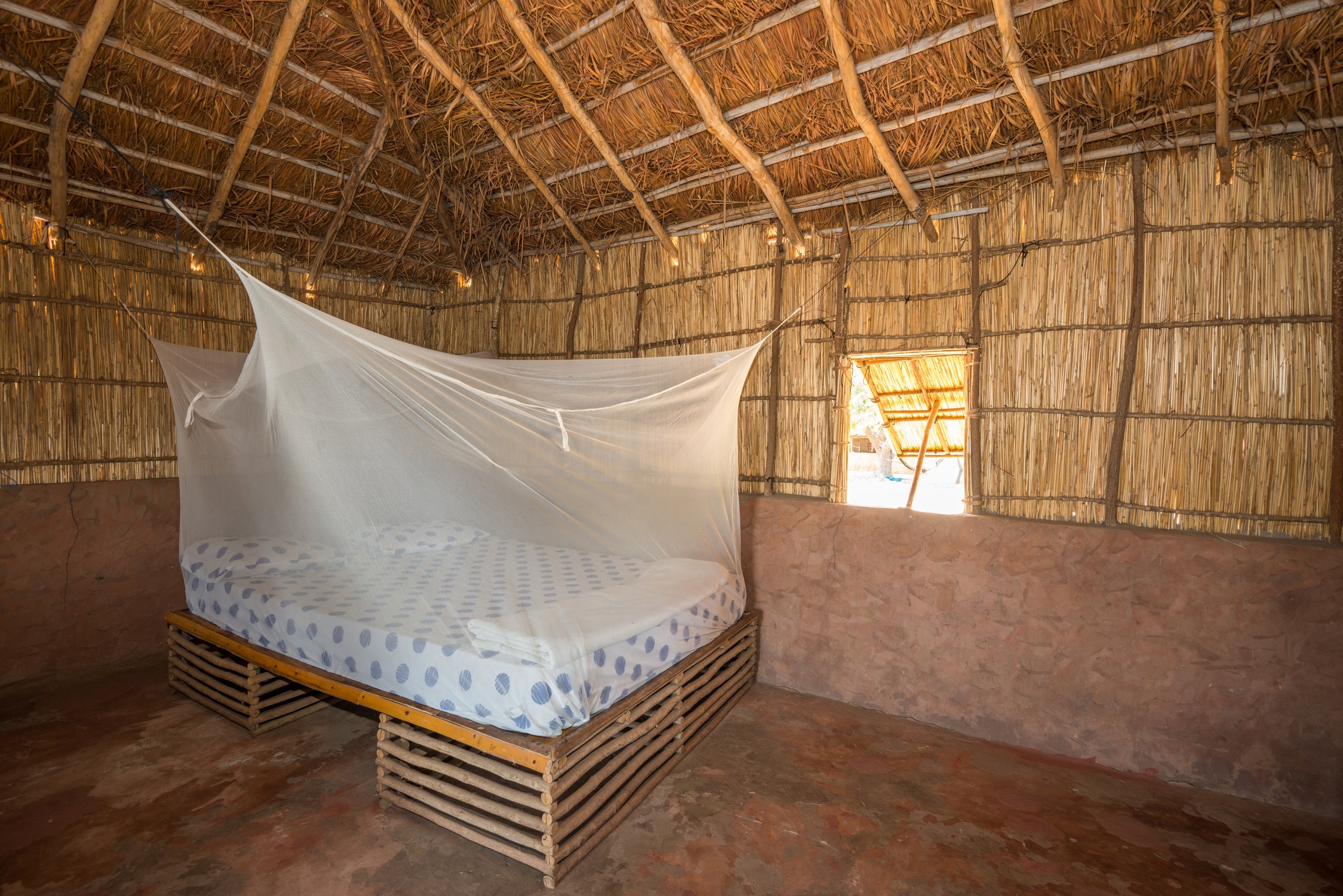Wirth Lab
The Wirth Lab focuses on understanding drug resistance mechanisms in malaria parasites and the use of population genetics for malaria surveillance. The lab uses a variety of investigational tools including ‘omics (genomics, metabolomics, proteomics), molecular biology, and biochemistry approaches to answer important biological questions.
Harvard T.H. Chan School of Public Health
665 Huntington Ave,
Building 1, Room 703
Boston, MA 02115
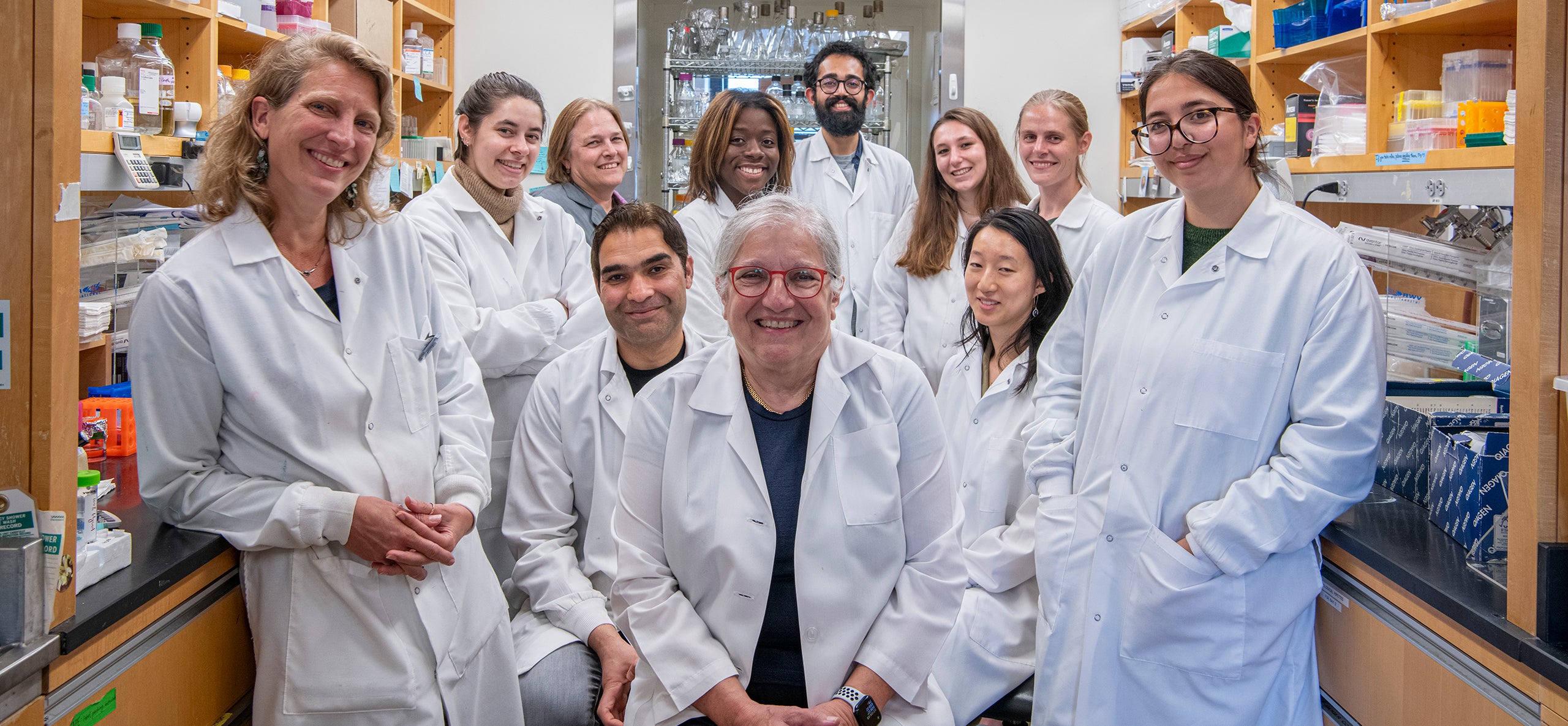
About the Wirth Lab
We provide insight into how the malaria parasite has evolved, specifically in the areas of population biology, mechanisms of drug and insecticide resistance, and antigenicity. We leverage genomic tools and novel approaches to better understand the fundamental biology of the malaria parasite and mechanisms of drug resistance. The long-term goal of this work is to understand basic molecular mechanisms in protozoan parasites with the aim of discovering and applying preventive and therapeutic interventions against infection.
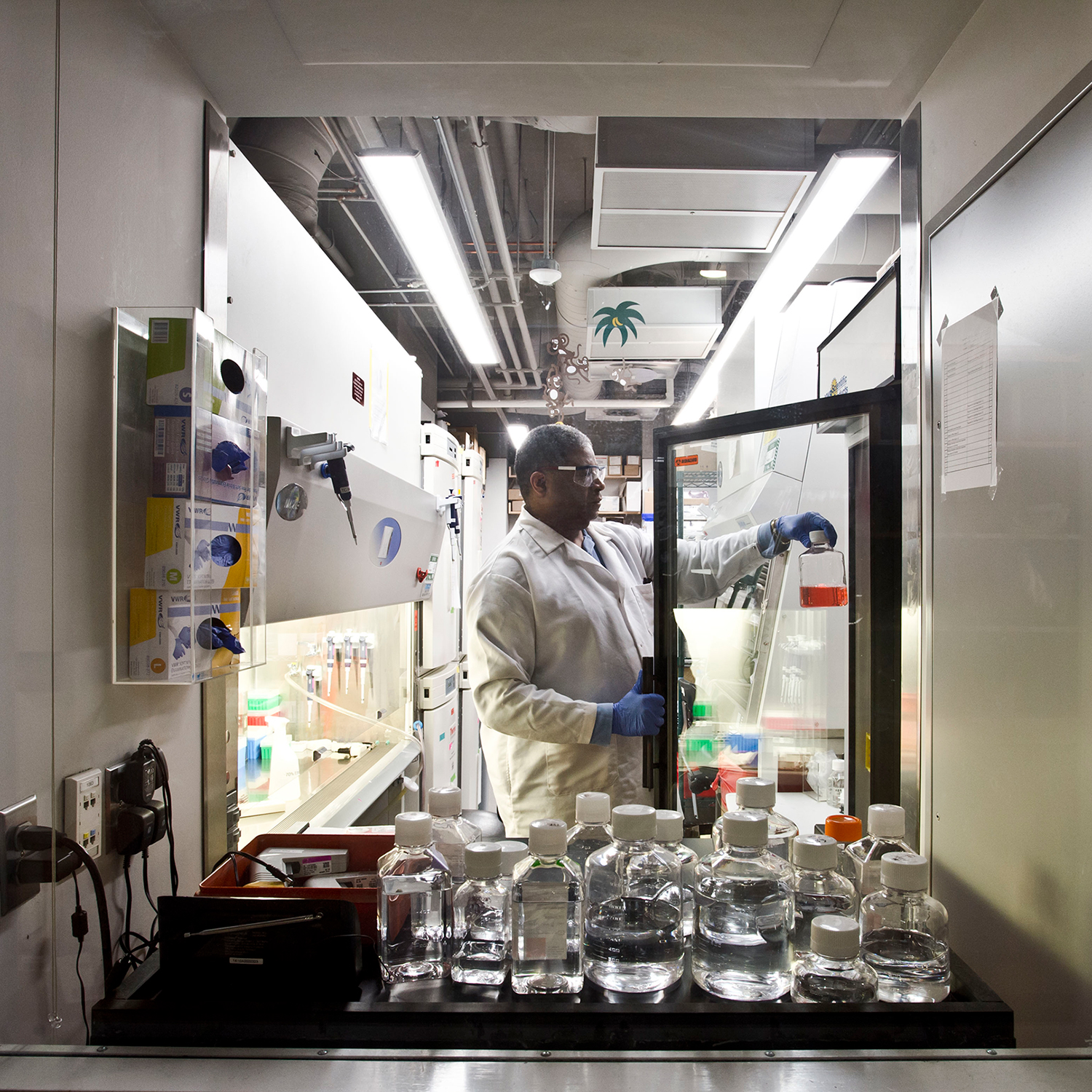
What We Do
Why study Malaria?
Malaria is a major health burden worldwide but mostly in Sub-Saharan Africa. There were nearly 250 million malaria cases with over 600,000 deaths in 2021, mostly in children under 5 years of age.
Why Drug Resistance?
A limited number of antimalarial drug classes are used to treat malaria, and a degree of resistance to nearly every therapeutic agent has occurred in at least some Plasmodium falciparum parasite populations in endemic areas. Understanding drug resistance and finding new antimalarial drugs is therefore of major importance.
Why Monitor Drug Resistance?
Genetic surveillance of pathogen populations such as malaria provides an opportunity to characterize pathogen transmission structure and provide data-informed recommendations to public health programs to decrease transmission.
Support Harvard Chan School
Every gift contributes to our mission of building a world where everyone can thrive. To learn more about how you can support The Wirth Lab, please contact Carter Brown.
Our Research
We approach this by identifying drug resistance alleles, monitoring parasite populations for signs of emerging drug resistance, and utilizing molecular parasitology to uncover the mechanisms behind resistance.
The Drug Discovery group incorporates chemogenomic strategies to identify potential drug targets, analyze both target-based and non-target-based mechanisms of drug resistance, and advance antimalarial compounds through the drug development pipeline through collaborations including the MalDA (Malaria Drug Accelerator) consortium.
The Genetic Diversity and Population Genetic Modeling Group (including our collaborators in Senegal) leverages population genetic variation for threat detection, including drug resistance and diagnostic failure, and for transmission surveillance for tracking infections and to evaluate the consequence of intervention use.
Publication Highlights
Lab News
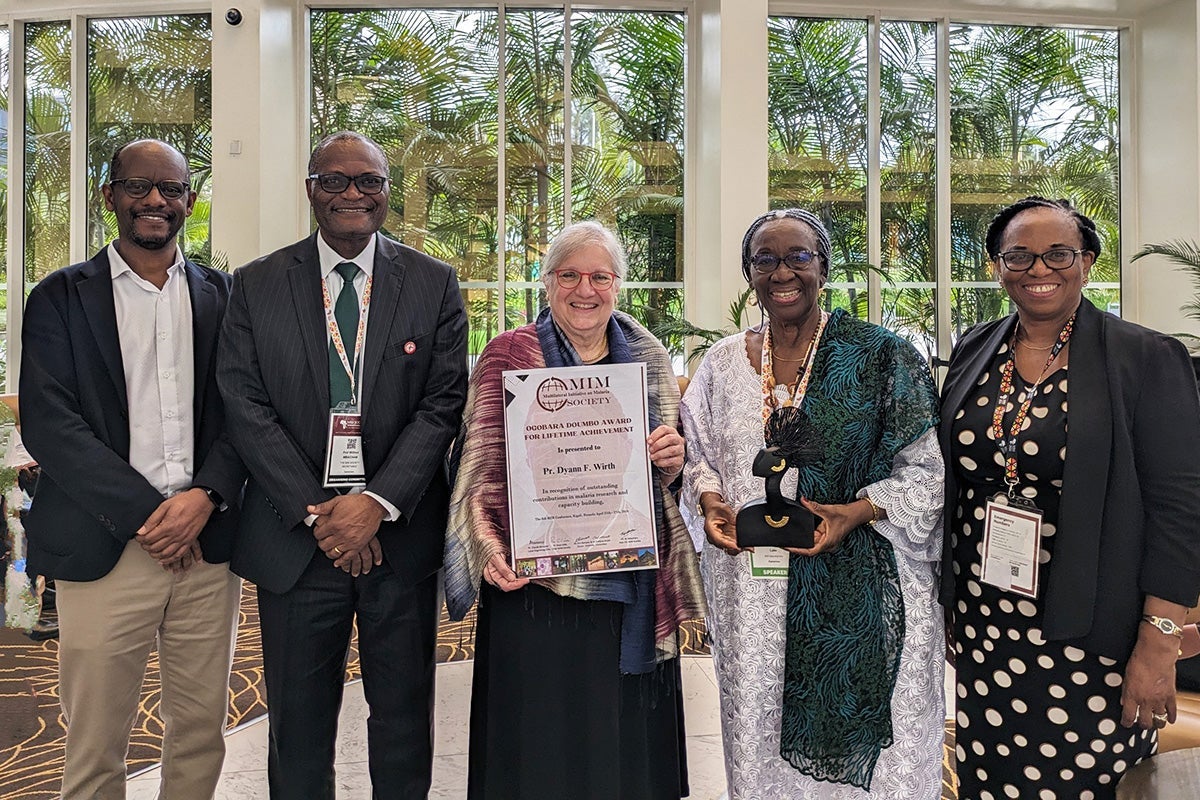
Professor Dyann Wirth Receives the Ogobara Doumbo Life Time Achievement Award from the MIM Society
On April 26th 2024 Professor Wirth was presented the award by Professor Rose Leke, Co-chair of Harvard’s Defeating Malaria Initiative.
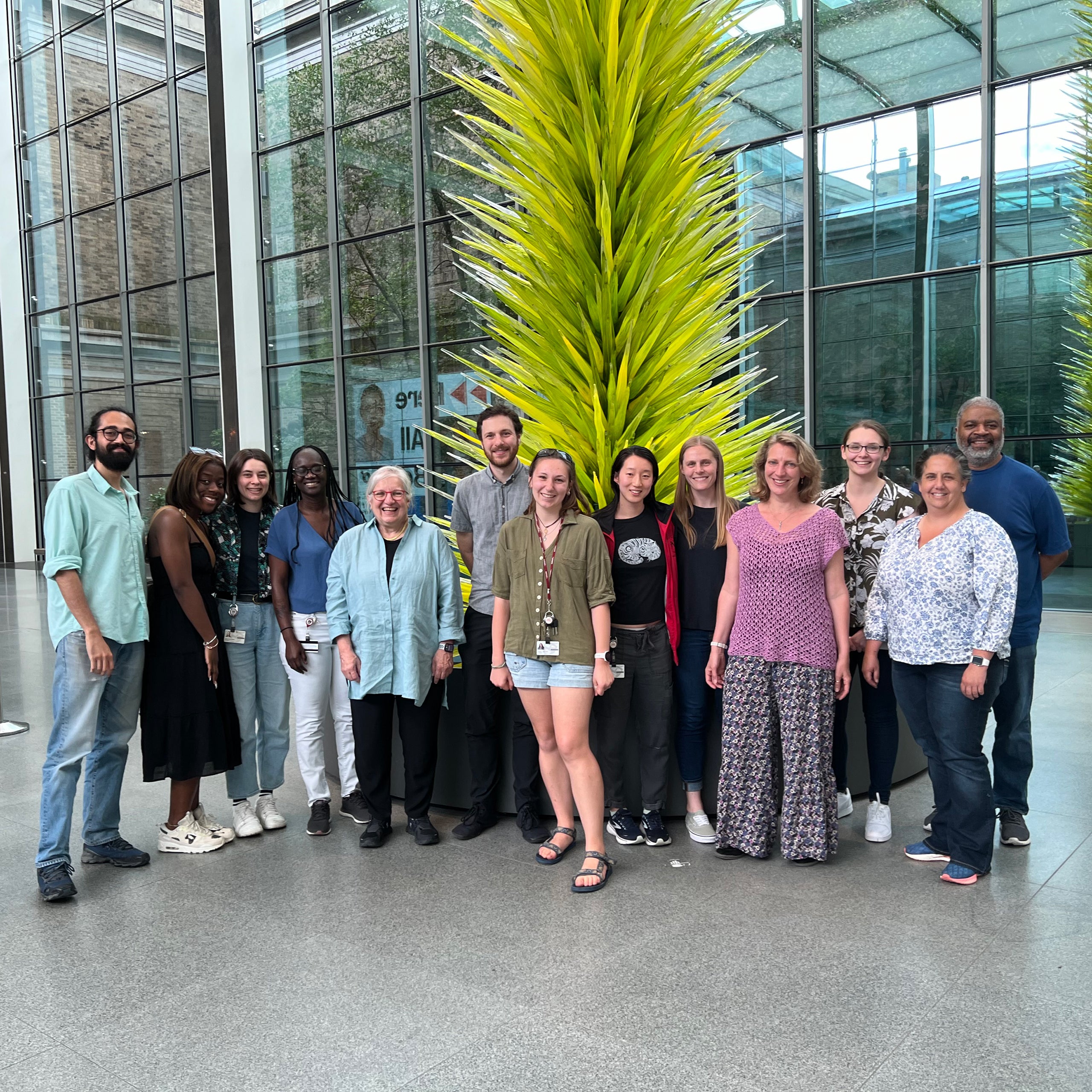
Wirth Lab visits MFA
On May 29th, the Wirth Lab visited the Boston Museum of Fine Arts to view “Hallyu! The Korean Wave” exhibit.
